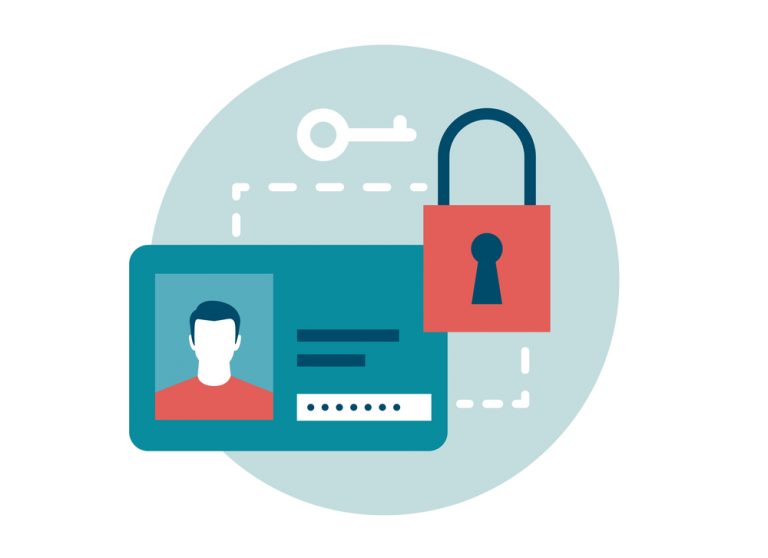
Article written by Axis Geffen
We live in a technological age. In our homes, offices, vehicles and even when some of us travel or go camping, there are electronic devices. These are often overlooked, ignored or forgotten all around us. However, many of those devices haven’t overlooked or forgotten us. That leads us to the focus of this article, can evidence collected by those smart devices be used in a court of law?
Any of my readers that are in the legal profession will appreciate the answer. “it depends”. The rest of you will probably, getting tired of hearing that answer but it is the truth. It depends on the circumstances: whose using the evidence, what the issue you want to use it for, how, where and by whom that evidence is stored. Most importantly, it depends on your legal right to it. BTW, just because you own the device doesn’t always mean that you own the data it collects.
Let’s examine each of those “depends”!
Circumstances
Who owns the smart devices that collected the evidence? Was the device: Identified as something that could collect evidence? Maliciously installed? Legally installed? Always operational or only used to collect this specific evidence?
These are just a very few of the circumstantial questions that need to be asked and answered. Ones to determine if you have evidence that can even be considered. There is a big difference between owning a surveillance camera that is clearly identified and pointed at your car in your driveway versus installing a covert camera in a wall socket in your girlfriends bathroom. (Wouldn’t say it if people hadn’t already done it!) The circumstances of how and why evidence was created makes a huge difference on who and how it can be considered. Another huge circumstance is “what are the laws about using the smart devices you used in your jurisdiction?”.
Who Wants the Evidence?
While i don’t personally agree with it, it does depend on who wants to use the evidence that allegedly exists. For example, if your neighbour owns a camera that caught someone vandalizing your property. They are not necessarily required to provide you with a copy of it. On the other hand, say a Police officer with a warrant wants to obtain the audio logs from your Smart Fridge in a murder investigation. They are pretty likely to be getting that, assuming the conditions necessary are met.
Why Do You Want the Evidence?
This is another big, “depends”. Whether trying to obtain a warrant from a court to obtain evidence or asking your neighbour for a copy of the Alexa recording logs from last Saturday when you guys were talking in the garage, why you want it will factor into if you get it. For example, if you’re seeking a court order for your neighbour. You want to produce video logs from his surveillance cameras because you think your girlfriend is cheating on her diet by sneaking snacks in the rear yard. You’re probably going to have a different result than if an investigator is asking a local business for video footage that proves who’s at fault in an accident.

Who Holds the Keys?
When you’re an investigator, you learn pretty quickly that it matters far less who owns the lock, than it does who holds the keys. In some cases, the evidence is stored locally on the device or a storage card. In many cases, the data accessed by the device but stored (or not stored) offsite or in another country. Want to waste a solid week of your life? Try going through all of the online-only channels to obtain your movement history from Google from three months before. Once you figure out who owns the data, and how to interact with them (and that can be overwhelmingly hard to do), you still have to prove (in many cases) that you have a legal right to it. Just because it is a record of you DOES NOT MEAN YOU ARE GUARANTEED TO GET A COPY.
How?
If you do own the device AND the information is stored locally on it AND you have a legal right to it, you may still face another issue. “How do I get to it?” or “now that I have it, how do I make it work?”. Many manufacturers, encrypt or hide their data within the programming on the device. Some devices plug into a computer and pop up a menu. Others might require some serious adaption to connect to a device. These may require countless hours of forensic examination. It takes time to locate the data, attempt to review it, then document that information in a court-ready easy to read format. It is an art form that most people can’t possibly understand without seeing it in action.
The bright side is that, in many cases evidence can be collected from many smart devices. With the counsel of an experienced lawyer, and the assistance of a qualified investigator and/or digital forensic expert, you’ll have the best options at hand. Not only for collecting your evidence but also satisfying the courts for its admissibility.
%201.png?)
